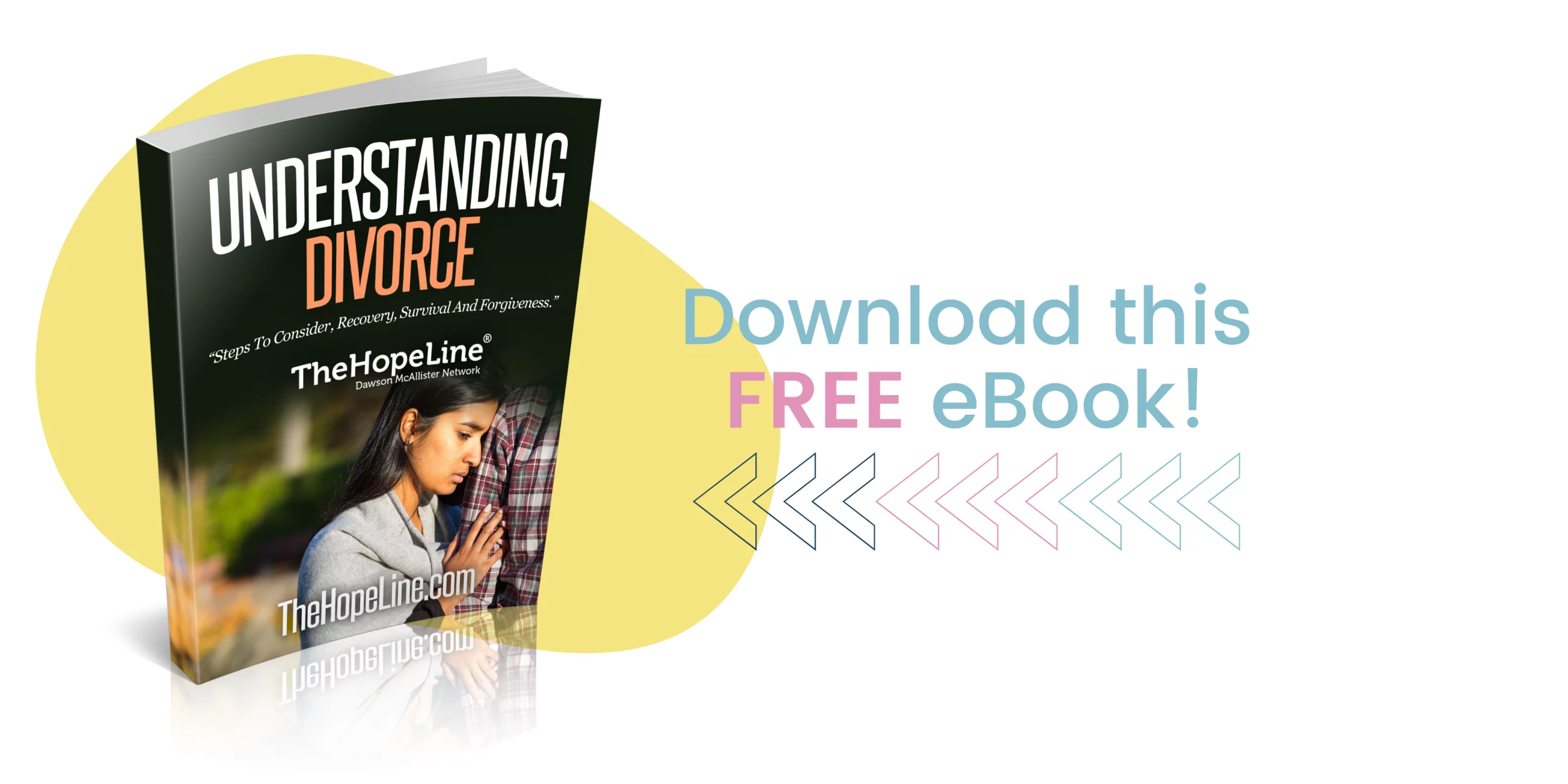The pain of divorce and the toll it takes on everyone in the family never really go away in the years following.
I’ve talked to many people about their parents’ divorce who said, “I had no idea all the ways it would impact my life and my feelings, even years later.”
But the truth is, divorce is traumatic. No matter how long ago your parents were divorced, you need help and healing to recover from the pain it causes.
Pain Changes Over Time
To understand how adults were feeling about their parents’ divorce, I thought about what happens when we are physically wounded. The way divorce and other trauma affects us can be a lot like how we heal from a wound.
At first, the pain is very raw, but the way that pain feels changes as time passes and the wounds heal.
Maybe we feel dull or numb. Maybe it’s a persistent pain that never seems to go away. Maybe we have scars that always remind us, and show others, what we’ve been through.
Or maybe it hasn’t healed at all, and we can’t figure out why.
If your pain about your parents’ divorce is so persistent and strong that it seems to take away from your happiness and quality of life, it’s time to get some additional help and support.
Common Feelings of Adult Children of Divorce
I understand that it can be hard to reach out, especially when there are so many feelings swirling around that they’re hard to put into words. I suggest taking some time to think about how you feel about your parents’ divorce. Don’t filter it. Be honest. Do any of these feelings or situations come to mind?
- You can’t seem to shake the guilt about your parents’ divorce. No matter what people tell you, you still feel responsible somehow.
- You don’t feel like you can talk to either of your parents about how the divorce makes you feel, because you don’t want to be a burden to them.
- You feel frustrated that the divorce still bothers you so much, even after years of working on how you feel about it. Your friends whose parents are divorced seemed to get over it faster, and you wonder what’s missing.
- You don’t feel comfortable talking with one or both of your parents (even about day-to-day life), because they always seem to overshare about the divorce or speak negatively about the other parent.
If you need to, take some time to meditate on your feelings and see what comes up. When I struggle to put my feelings into words, I find that spending time in prayer and pouring my heart out to God are great ways to be more in touch with my feelings in a way that feels safe to me.
Understanding Your Emotional and Spiritual Needs
Whatever you feel about your parents’ divorce, I’d suggest asking yourself an important question: what do I feel like I need from my relationship with my parents that seems to be missing as a result of the divorce?
I find that when people in my family have been fighting, I’m often left feeling isolated from them and afraid to talk to them. I need to know I can be myself and be honest about my needs for love, affection, and quality time.
But I’ve also had to understand that there are certain needs in my life that no one person can fill, no matter how close we are. In those times, I know I have to rely on God to fill the holes left from painful experiences in my life. Don’t forget just because you have a hard time knowing how to talk about your parents’ divorce doesn’t mean you have to deal with those feelings alone. We are here for you to listen to you, pray with you, and help you put your feelings into words so you can build stronger relationships with people you care about. Healing from divorce and its pain is possible, and we will do our best to support you every step of the way.
What has been your experience?



